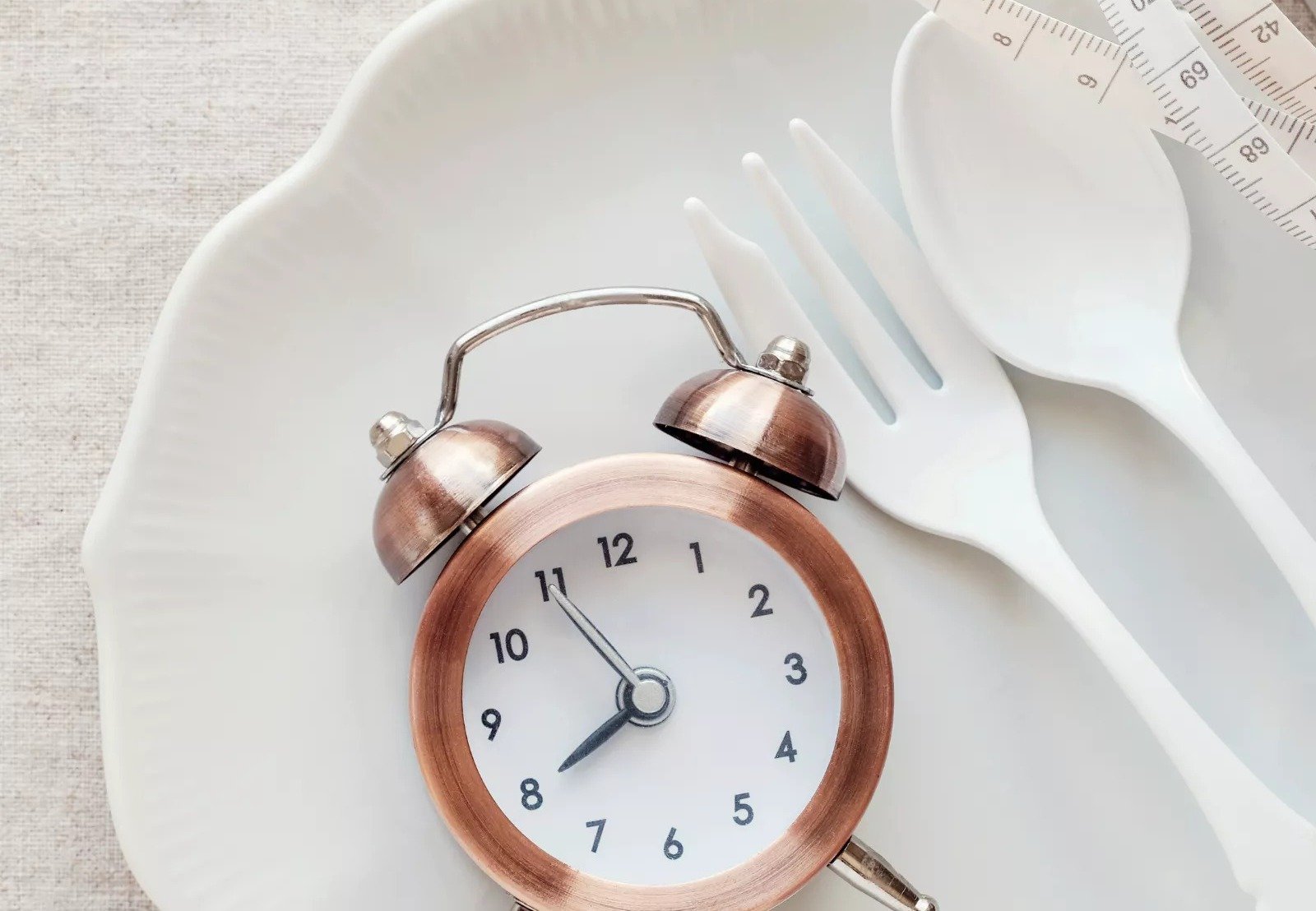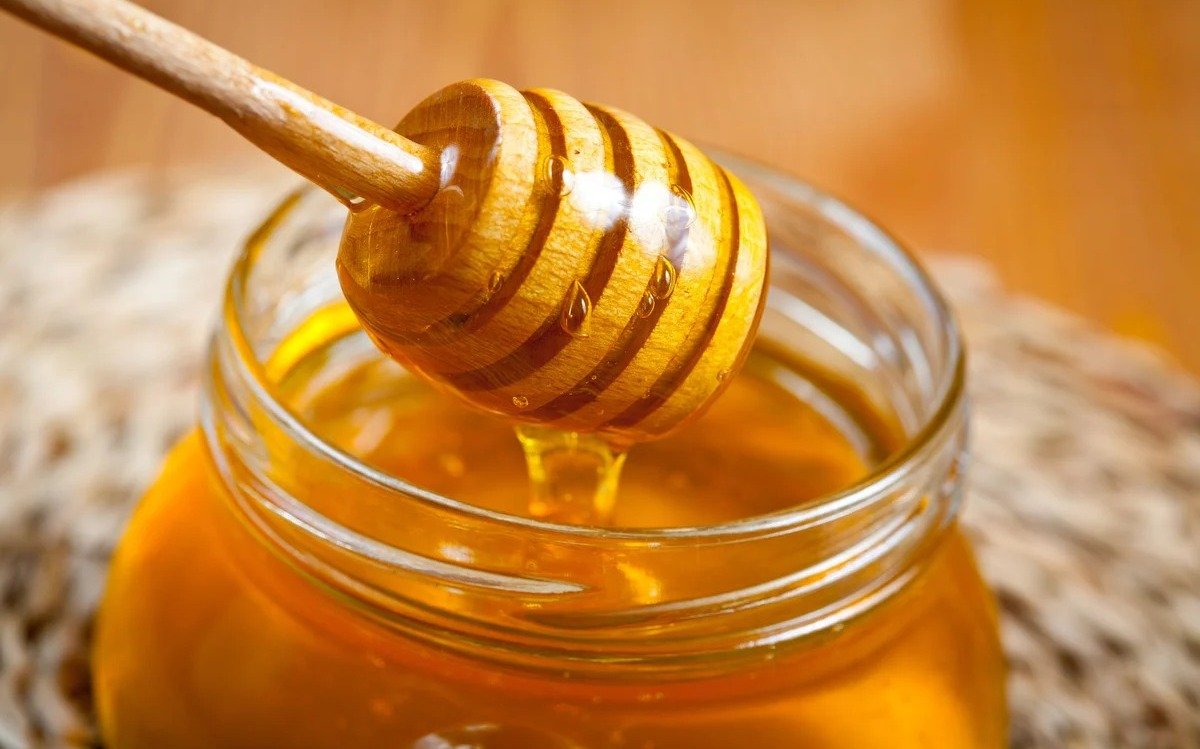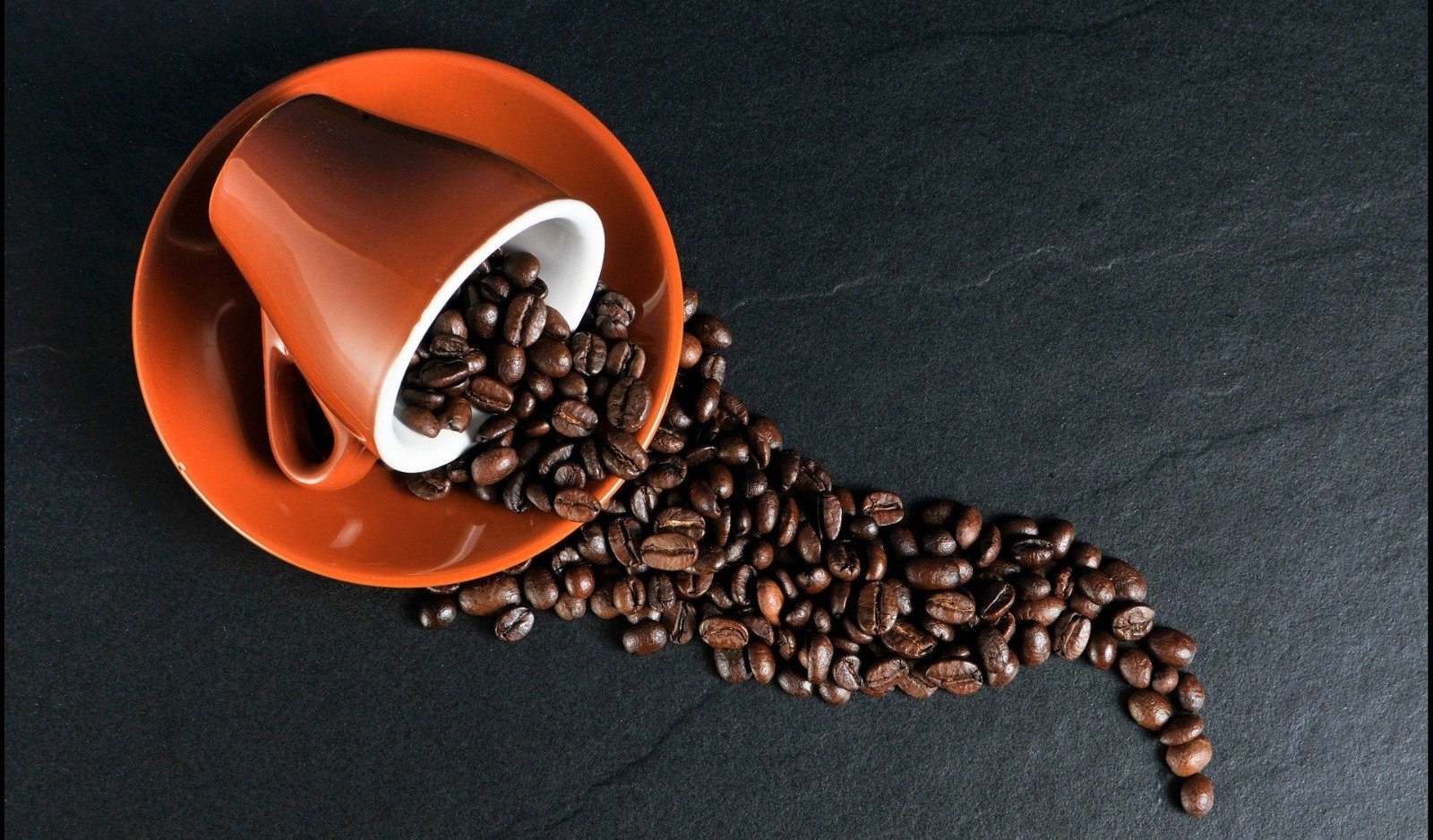In the Islamic heritage, the holy month of Ramadan is a occasion of spiritual remark, self- discipline, and fasting. Muslims worldwide observe this sacred month with reverence, abstaining from food and drink from sunrise until sundown. This period of fasting, known as Sawm, is a basic pillar of Islam, obeyed to memorialize the first exposure of the Quran to Prophet Muhammad.
During Ramadan, followers wake up before sunrise for Suhoor, thepre-fast meal, and break their fast at evening with Iftar. While the fast may impeach one’s physical subsistence, it’s also a time for spiritual renewal and collaborative solidarity. Amidst the fasting rule, one food item stands out as a conventional and nutritional option for both Suhoor and Iftar – dates.
Dates grip a unique significance in Islamic culture, deeply embedded in tradition and spiritual practice. It’s trusted that Prophet Muhammad himself favoured Ajwa dates and frequently broke his fast with them, a practice that continues to be minded by Muslims worldwide.
Beyond its spiritual symbolism, dates extend a wealth of nutritious benefits, making them an ideational choice for nourishing energy situations during fasting days.





